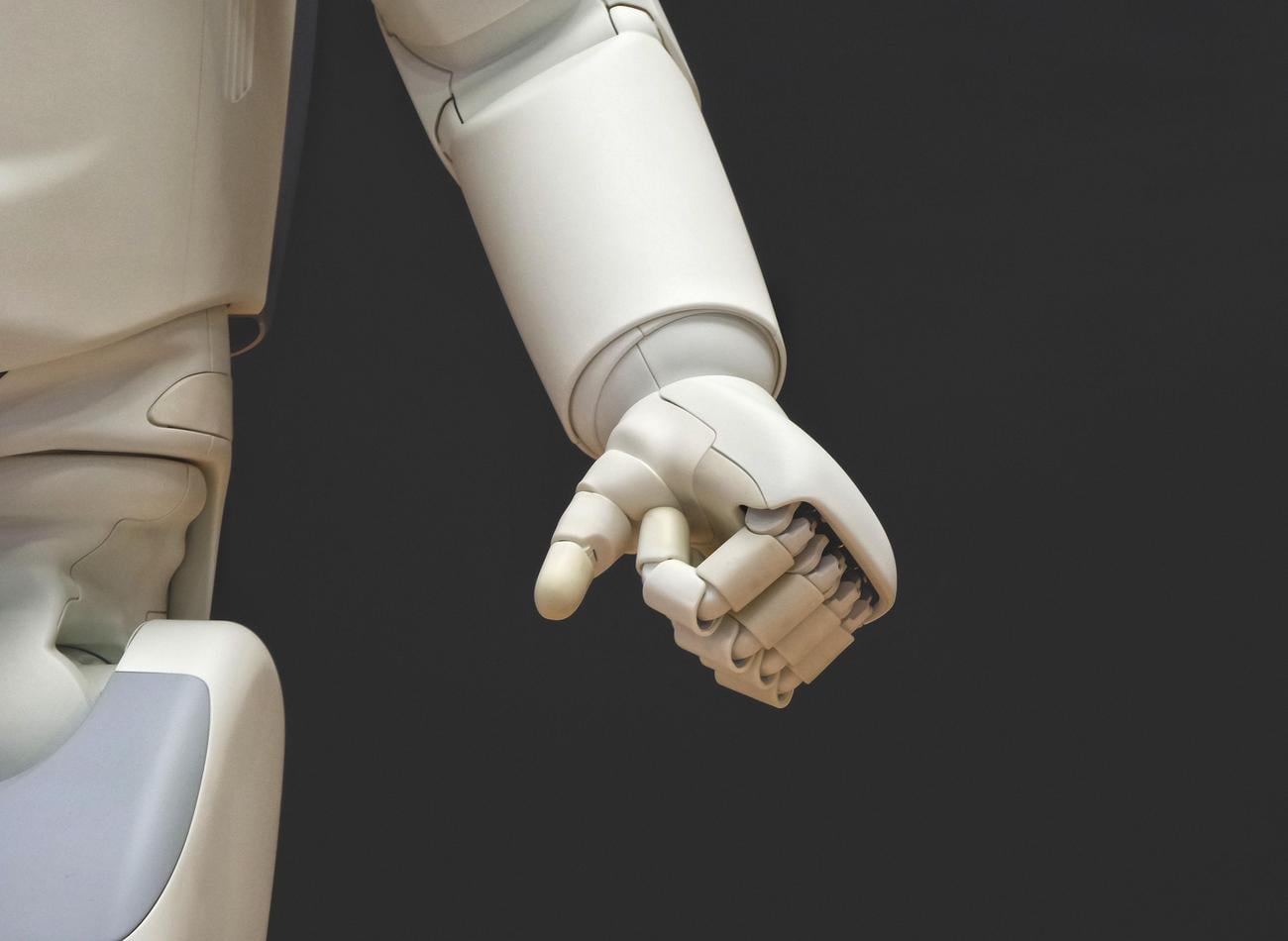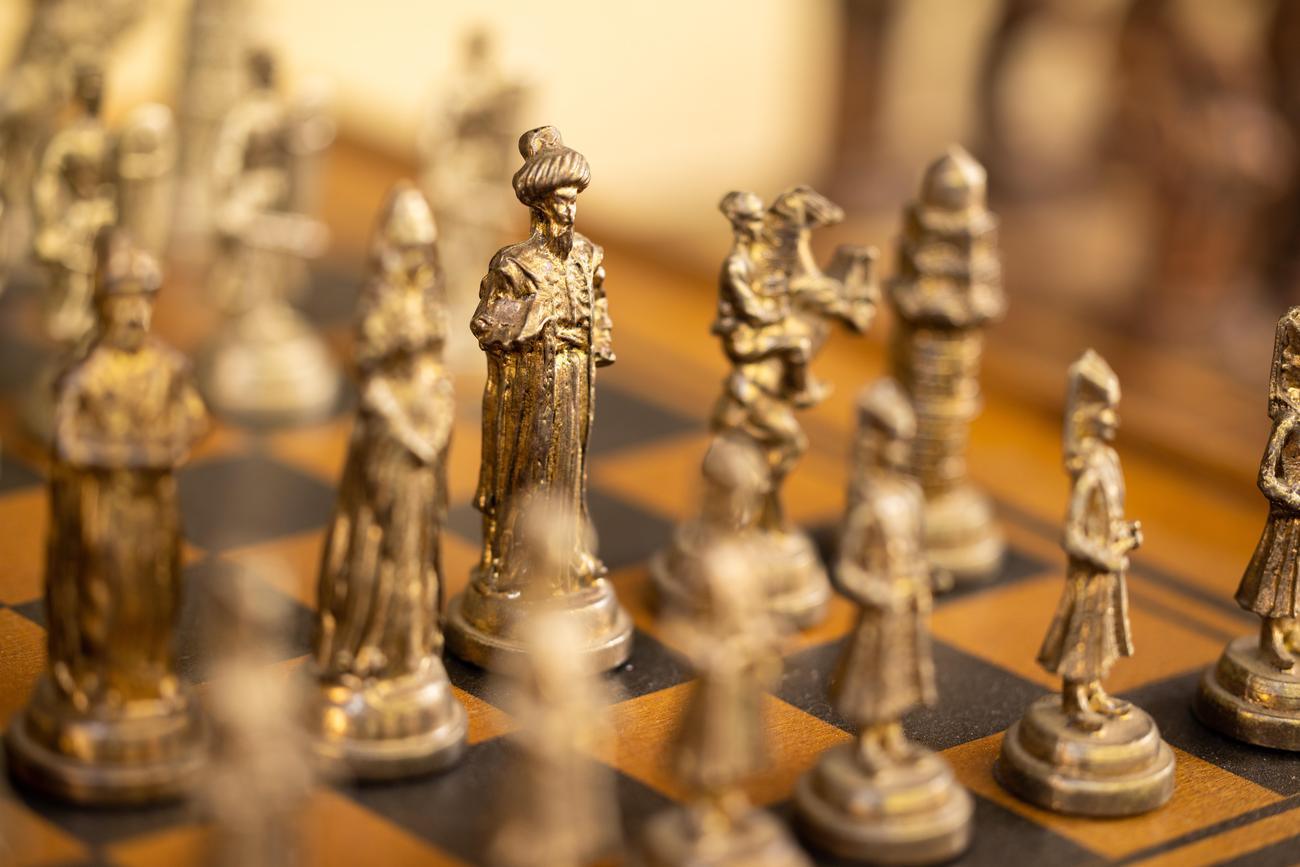In this article, we delve into the fascinating realm of psychological theories of intelligence. Have you ever wondered what makes a person intelligent, or how different types of intelligence manifest in individuals? From classical theories to contemporary perspectives, we unravel the complexities surrounding human intelligence. Join us on this captivating journey as we explore the connections between psychological theories and our understanding of intelligence. Whether you’re a psychology enthusiast or simply curious about what truly defines intelligence, this comprehensive analysis is sure to captivate your mind and broaden your horizons.

Psychological Theories of Intelligence
When it comes to understanding intelligence, psychologists have developed several theories that shed light on different aspects of this complex trait. From the structure of intelligence to its development and measurement, these theories have shaped our understanding of what it means to be intelligent. In this article, we will explore some of the key psychological theories of intelligence, unraveling their insights and implications.
Psychometric Theory of Intelligence
One influential theory of intelligence is the psychometric theory proposed by Raymond B. Cattell. This theory distinguishes between two types of intelligence: fluid and crystallized intelligence. Fluid intelligence refers to the ability to think flexibly, solve new problems, and adapt to novel situations. It is influenced by genetic factors and tends to decline with age. On the other hand, crystallized intelligence encompasses knowledge and skills acquired through education and experience. It is shaped by environmental factors and tends to increase with age.
The psychometric theory of intelligence reveals the dynamic interplay between genetic and environmental influences on different aspects of intelligence.
Cognitive Theory of Intelligence
Another important theory is the cognitive theory of intelligence, proposed by Timothy Salthouse. This theory focuses on how cognitive abilities change over time and with age. According to Salthouse, reduced processing speed is the primary factor behind the decline in cognitive abilities as individuals grow older. Cognitive abilities such as memory, attention, and problem-solving may become slower and less efficient.
The cognitive theory of intelligence highlights the impact of aging on cognitive processes and emphasizes the importance of processing speed in intellectual functioning.
Piaget’s Stage Theory of Development
Jean Piaget’s stage theory of cognitive development provides valuable insights into how children’s cognitive abilities evolve through four distinct stages. From birth to adolescence, individuals progress through the sensorimotor, preoperational, concrete operational, and formal operational stages. Each stage is marked by specific cognitive achievements and the ability to think and reason in more complex ways.
Piaget’s stage theory of development unveils the fascinating journey of cognitive growth, shedding light on how children’s thinking evolves over time.
Biological Theory of Intelligence
A different approach to understanding intelligence is the biological theory. This theory suggests a correlation between intelligence and brain size and structure. Researchers have found evidence linking certain brain regions and neural connections to intellectual abilities. However, it is important to note that intelligence is a complex trait influenced by various genetic and environmental factors, and brain size alone does not determine intelligence.
The biological theory of intelligence underscores the intricate relationship between the brain and intellectual capabilities, although it acknowledges that intelligence is not solely determined by brain size.
Multiple Intelligences Theory
Howard Gardner’s multiple intelligences theory proposes that intelligence is not a single entity but rather consists of eight independent types of intelligence. These intelligences include verbal-linguistic, logical-mathematical, visual-spatial, bodily-kinesthetic, musical-rhythmic, interpersonal, intrapersonal, and naturalistic intelligence. According to Gardner, individuals may excel in one or more of these intelligences.
The multiple intelligences theory broadens our understanding of intelligence, recognizing the diverse ways in which individuals can be intelligent beyond traditional measures.
The Study and Measurement of Intelligence
The study of intelligence is a longstanding area of research in psychology. Psychologists have developed various tests to measure different aspects of intelligence, such as naturalistic intelligence and primary mental abilities. However, the concept of intelligence testing has faced criticism for its reliability, construct validity, cultural specificity, and the Flynn Effect, which suggests that average intelligence scores have been increasing over time.
Intelligence testing has been a subject of debate within the psychology community, with ongoing discussions about its validity and implications.
Key Points to Remember
- Psychometric theories focus on the structure of human intelligence, while cognitive theories delve into the processes involved in intelligence.
- Intelligence encompasses the capacity to learn from experiences, adapt to new situations, handle abstract concepts, engage in problem-solving, think critically, and learn quickly.
- Influential psychologists in the field of intelligence include Charles Spearman, Louis L. Thurstone, and Robert Sternberg.
- Theories of intelligence offer unique perspectives on the nature, development, and measurement of intelligence.
- The concept of intelligence remains complex and multifaceted, with ongoing research and debates in the field.
By exploring the various psychological theories of intelligence, we can deepen our understanding of this intricate and captivating aspect of human cognition. Each theory brings its own unique insights, shedding light on different facets of intelligence. From the structure and development of intelligence to its measurement and implications, these theories continue to shape our understanding of what it means to be intelligent.
The puzzle of intelligence becomes clearer as we unravel the diverse theories that seek to explain its nature and dynamics.
Theories of Intelligence
Are you curious about the inner workings of the human mind? Ready to dive into the fascinating world of intelligence theories? Look no further! Our comprehensive collection of theories of intelligence is just a click away. Explore the complexities of human cognitive abilities and unravel the mysteries of human intelligence. Delve into the realms of multiple intelligences, emotional intelligence, and various other groundbreaking theories that seek to understand how we think and learn. Don’t miss out on this enlightening journey of discovery. Click here to explore our theories of intelligence: Theories Of Intelligence
FAQ
Question: What is the psychometric theory of intelligence?
Answer: The psychometric theory of intelligence, developed by Raymond B Cattell, distinguishes between fluid and crystallized intelligence, which are influenced by both genes and the environment.
Question: How does the cognitive theory of intelligence explain cognitive abilities decline with age?
Answer: The cognitive theory of intelligence, proposed by Timothy Salthouse, explains that cognitive abilities decline with age due to reduced processing speed.
Question: What is Piaget’s stage theory of development?
Answer: Piaget’s stage theory of development describes how children’s cognitive abilities change through four stages of cognitive development.
Question: How does the biological theory of intelligence correlate intelligence with brain size and structure?
Answer: The biological theory of intelligence suggests a correlation between intelligence and brain size and structure.
Question: What is the multiple intelligences theory proposed by Howard Gardner?
Answer: The multiple intelligences theory, proposed by Howard Gardner, suggests that there are eight independent types of intelligence.
- The Architect of a Conservative Court: Carrie Campbell Severino and the Reshaping of the American Judiciary - November 22, 2024
- Charles Ballay’s 2024 Libertarian Presidential Run: A Look at the California Primary Victor - November 22, 2024
- Gallia County Sheriff’s Office: Your Guide to Services, Contact Information, and Community Updates - November 22, 2024














